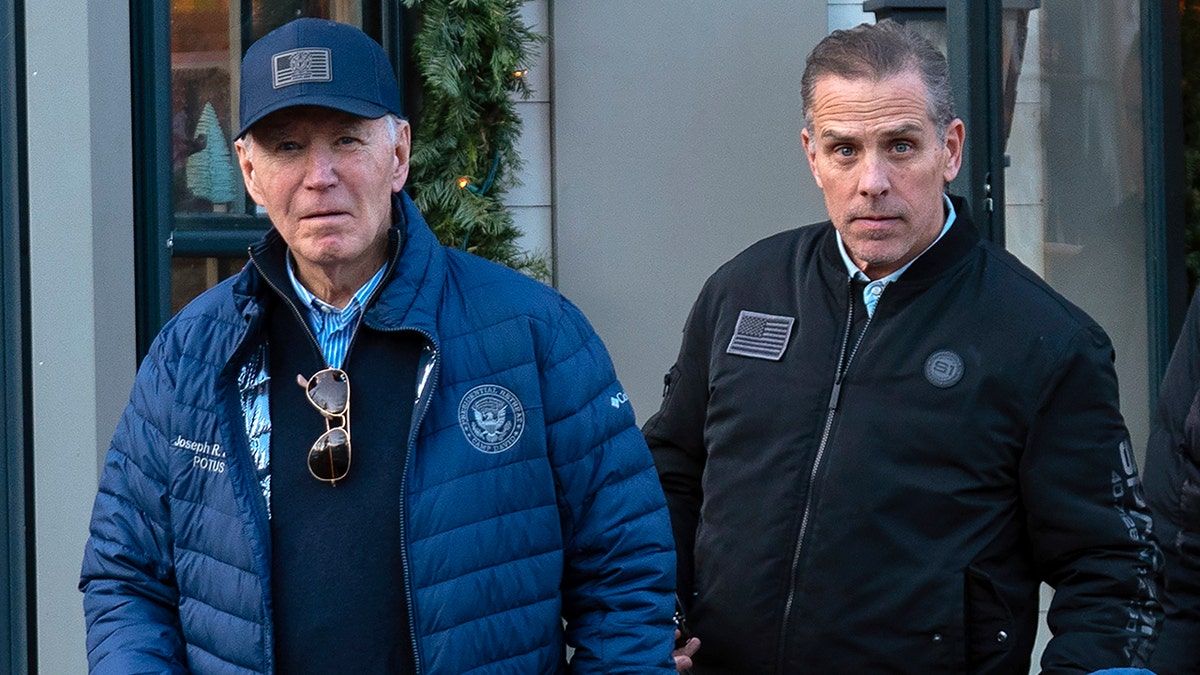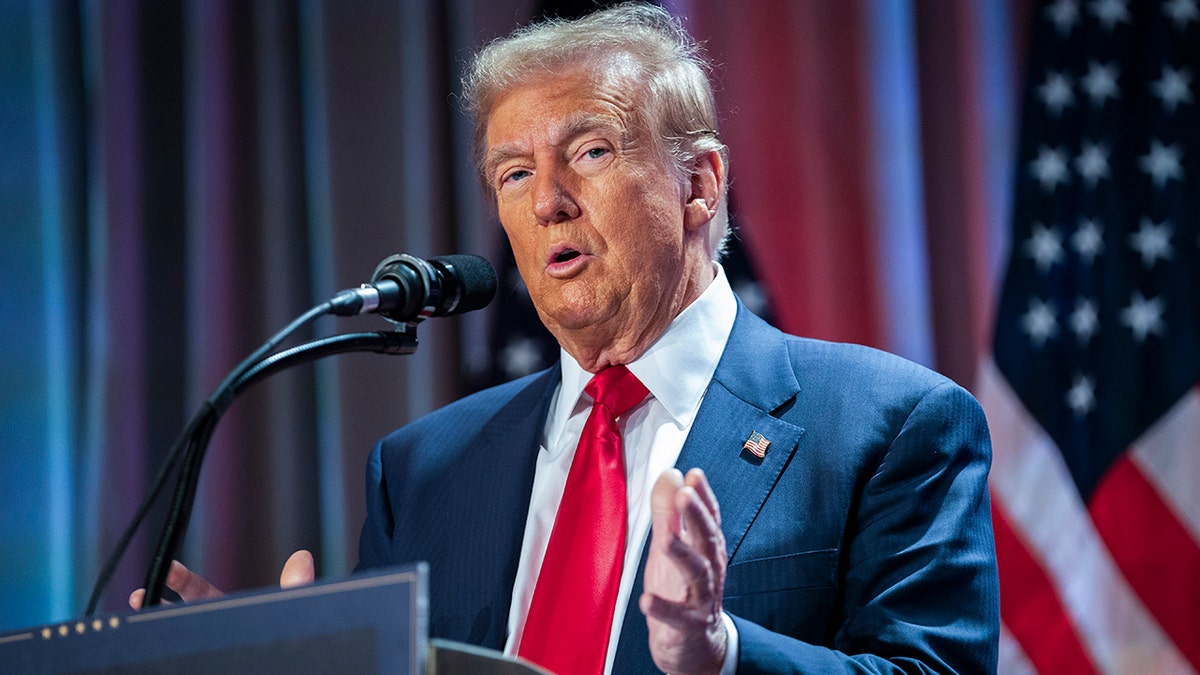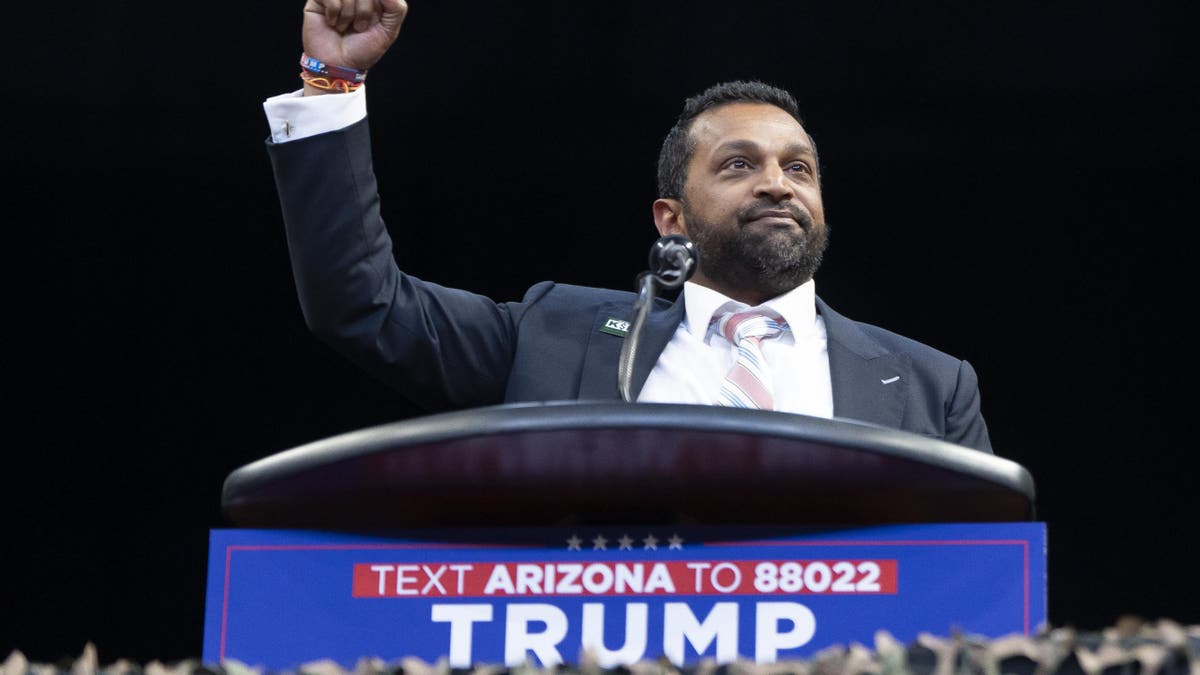President Biden's decision to grant his son Hunter a "full and unconditional pardon" has sent ripples through the political landscape, with many analysts viewing it as a potential advantage for President-elect Trump. This unexpected move comes just weeks before Hunter Biden's scheduled sentencing on gun and tax charges.

The President justified the pardon by asserting that the Justice Department's handling of the cases against his son was politically motivated, emphasizing Hunter's journey to recovery from addiction and claiming he was unfairly targeted due to his family ties. "No reasonable person who examines the specifics of Hunter’s situation can conclude anything other than that he was treated differently solely because he is my son," President Biden stated. He further argued that attempts to "break" Hunter were also aimed at him, and he declared, "Enough is enough."
This decision has drawn parallels to Trump's own use of pardons during his presidency, which faced criticism for potentially shielding political allies. Now, Biden's action offers Trump a counter-argument against accusations of undermining institutions and established procedures. Republican strategist Ryan Williams commented, "Biden has effectively validated the notion that the Justice Department operates politically, abandoning established norms regarding pardons. He’s dismantling established practices, mirroring the very actions Democrats criticized Trump for."

The broad scope of the pardon prevents further investigation into Hunter Biden by the incoming Trump administration. However, it provides Trump with significant political leverage, particularly concerning potential pardons for individuals convicted in connection with the January 6th Capitol attack, a move he has hinted at. Trump questioned whether Biden's pardon extends to those involved in the January 6th events, highlighting what he perceives as a "miscarriage of justice."

Furthermore, Biden's pardon might influence the Senate confirmation process for Trump's controversial nominees, such as Kash Patel for FBI director and Pam Bondi for attorney general. Some Republican senators who might have had reservations about these choices could now be swayed to support Trump. An anonymous Republican Capitol Hill staffer observed, "This pardon, arguably the most extensive since Nixon's, could fuel enough resentment among traditional Republican senators to bolster Trump's efforts to confirm his more contentious nominees."
Comments(0)
Top Comments